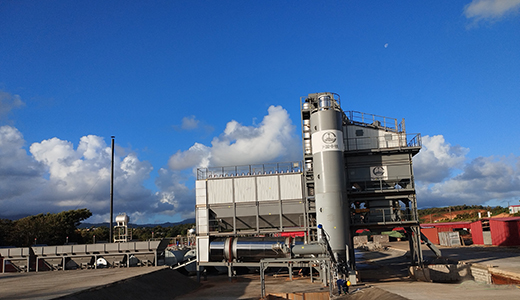Asphalt batching plants are essential facilities used in road construction for producing high-quality asphalt mixtures. These plants ensure that the asphalt is created consistently and efficiently, which is crucial for the durability and quality of the roads. The process begins with the careful selection of aggregates, which are heated before they are mixed with asphalt binder. This heating process is vital as it aids in the proper adhesion of the binder to the aggregates, resulting in a robust mixture that can withstand various environmental conditions.
The operation of an asphalt batching plant involves several stages, including weighing, heating, and mixing. After the aggregates are heated, they are weighed to ensure the correct proportions are used, subsequently mixed with the liquid asphalt binder. The mixture is then stored in silos or directly loaded into trucks for transportation to the construction site. This streamlined process facilitates the timely delivery of materials needed for ongoing road projects.
Moreover, modern asphalt batching plants are equipped with advanced technologies, allowing for continuous monitoring and optimization of the production process. These upgrades enhance sustainability by reducing energy consumption and minimizing emissions, thus aligning with contemporary environmental standards. The shift towards more eco-friendly practices in asphalt production has become a significant trend, ensuring that road construction contributes positively to infrastructure development while minimizing its ecological footprint.
In summary, asphalt batching plants play a critical role in road construction, providing a reliable way to produce asphalt that meets the rigorous demands of modern infrastructure. With ongoing advancements in technology and environmental practices, these facilities are better positioned to support sustainable development in the construction industry.
Content Disclaimer
The content provided on this website is for informational purposes only. Some of the information, articles, images, and other materials available on this site may be sourced from third-party websites and public domain resources. While we make every effort to ensure the accuracy and reliability of the information, we do not take responsibility for the content provided by external sources.
